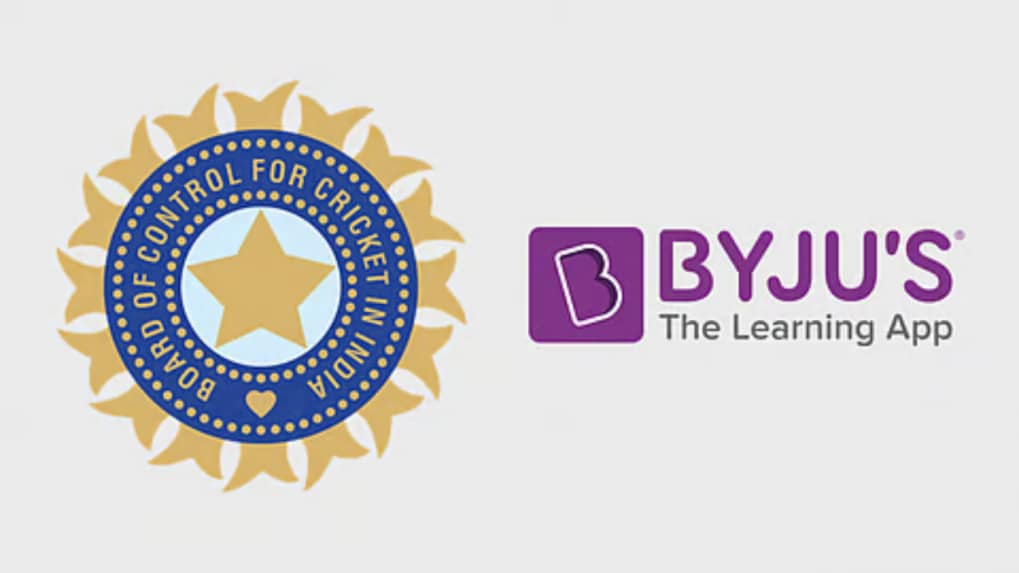Digital
Why OpenAI is hiring 100 ex-bankers: Inside the ChatGPT-maker's secret project to automate Wall Street's grunt work

The Supreme Court on May 29 issued notice in set of appeals challenging the National Company Law Appellate Tribunal’s (NCLAT) decision allowing insolvency proceedings against embattled edtech giant Byju’s parent company, Think & Learn Pvt Ltd. The apex court sought responses on petitions filed by the Board of Control for Cricket in India (BCCI) and Byju’s founder Riju Raveendran, who argued against the insolvency trigger, calling it erroneous and damaging to the company’s future.
NCLT had refused to allow BCCI’s withdrawal of an insolvency case against Think & Learn Pvt Ltd (Byju’s parent company) without prior approval of the Committee of Creditors (CoC).
The appeals were listed before a bench of Justices Vikram Nath and Sanjay Kumar, which sought the response of Byju's creditors and its insolvency resolution professional.
It is to be noted that on July 16, 2024, the National Company Law Tribunal (NCLT) admitted BCCI’s insolvency application against Byju’s for unpaid dues of Rs 158.90 crore. Following which, a settlement was reached between BCCI and Byju’s and initially approved by the NCLAT. However, after an appeal was moved by financial creditor Glas Trust, the Supreme Court set aside the NCLAT order on October 23, 2024. The top court directed BCCI to approach the NCLT afresh.
Later on April 17, 2025, NCLAT upheld the NCLT's ruling since the CoC was in existence when the withdrawal application was filed before the NCLT, its approval should have been sought before the withdrawal application was filed before the NCLT.
On 29th January, the NCLT had ordered disciplinary action against Pankaj Srivastava, the Resolution Professional (RP) overseeing Byju’s insolvency proceedings. The tribunal had also overturned Srivastava’s decision to exclude Glas Trust and Aditya Birla Finance from Byju’s CoC, reinstating them instead.
Additionally, the NCLT removed Srivastava as RP and instructed the newly formed CoC to appoint a replacement. It also invalidated all decisions made by the previous CoC.
In a wide-ranging interview with Storyboard18, Sorrell delivers his frankest assessment yet of how the deal will redefine creativity, media, and talent across markets.